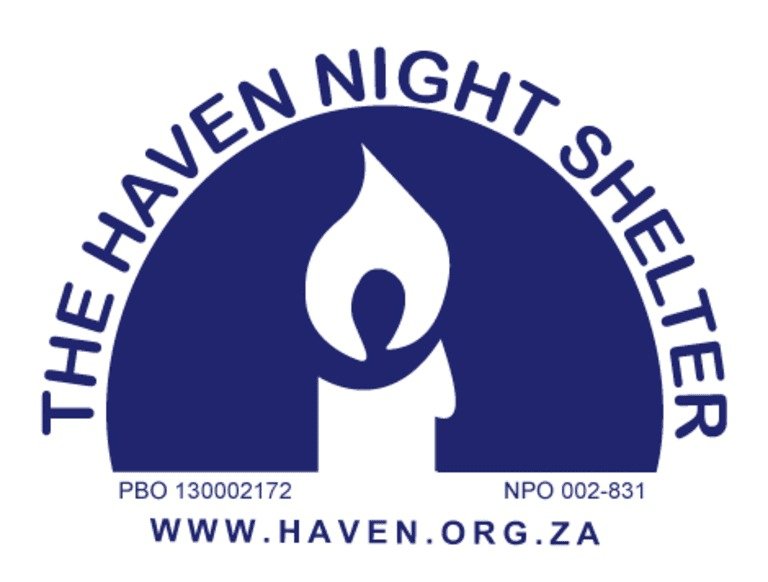Introduction
We have been asking some questions about homelessness, houselessness and the role of The Haven. In this blog post our CEO explains a bit more. Take a couple of minutes to read it and a bit more to reflect and think about the text. Homelessness and "houselessness" are two different issues and need to be separated if we are to assist in either one.
Houselessness
Houselessness is a condition of a family, however defined, without a structure wherein they can experience life as a family. A house is what is needed. One or more of the family members are working and together they can and are willing to care for each other. A typical case would be a family evicted from someone else's property. They might slip into homelessness if enabled to move onto a pavement in a tent and provided with material support by kind neighbours.
Another example would be migrant workers whose family life is mutually supportive but the individual goes to another city to look for work. On arrival the person is not homeless, s/he simply needs accommodation. We can prevent him from becoming homeless by offering shelter while he looks for work. Whether s/he is successful in finding work or not will determine what support is needed to help her to reintegrate locally or reunify with family. Options are explored with the help of Haven Social Workers when constructing or reviewing the mandatory Personal Development Plan with the client.
Homelessness
Homelessness on the other hand is characterised by a person feeling unwelcome in the family home or feeling that they would not be welcomed or assisted by relatives. In our experience more homeless persons leave home rather than having been pushed out.
Typically young people abusing drugs are pushed out in a "tough love approach". However, their families are generally willing to give them a second chance provided they are willing to conform to the family's norms and standards. These are the easier cases to reunify, especially if the client see that they have the power to make different choices and attract different outcomes. Once a client is committed to changing we see remarkable strength on display on their journey home, after participating in drug rehabilitation, conflict resolution and other programs.
Mentally ill persons, on the other hand, leave of their own accord due to feeling unwelcome. They require more support to stabilise, find their psychological balance and then, when ready, reach out to family.
If they stay too long in a shelter they might become institutionalised and regard the shelter as their home instead of a bus-stop on their way home. If they leave the shelter too soon they come back due to the same behaviour. Fortunately, they have access to qualified, experienced social workers at the Haven to help them overcome or manage their particular behaviours that leads to homelessness.
Backyard dwellers, affordable housing
Backyard dwellers are not necessarily homeless. They require affordable housing and perhaps even a steady income to be able to afford the housing unit. In Cape Town we need nearly 400,000 social housing units. We do have social housing units being occupied by people who earn enough to move but chooses to stay in the community in which they grew up in. It is often cheaper than moving into rental units or purchasing starter homes or apartments.
Perhaps we should be working on 3 fronts to help the backyard dwellers.
Build more social housing units, faster.Free up social housing units occupied by people earning enough money to be able to move out on their own.
Encourage and financially support more people to buy starter apartments. In Wynberg main road one can buy a small flat which will cost R4000 per month on a 20 year bond. I believe that with the abuse of the PIE act no-one really wants to be a landlord. Encouraging people to buy seems a good alternative to waiting for state provided social housing.
Conclusion
In conclusion we at the Haven shelters are not a housing agency and we don't provide jobs. At the Haven we offer qualifying applicants an opportunity to use our social work services to end their homelessness. While working on the elements of the Personal Development Plan we make available a full hospitality and support service to our guests and clients. Guests don't have to pay the Haven if they don't have any money. Guests become clients as soon as they agree on a Personal Development Plan and the Social Work support needed. From that moment s/he should pay the Haven at least R15 per day or one hour of household chores per day in lieu of payment.
We at the Haven are grateful for the support from our community and in turn share all excess goods with the community. We prefer to share with NGO's but will also help families in distress or the other social workers.


